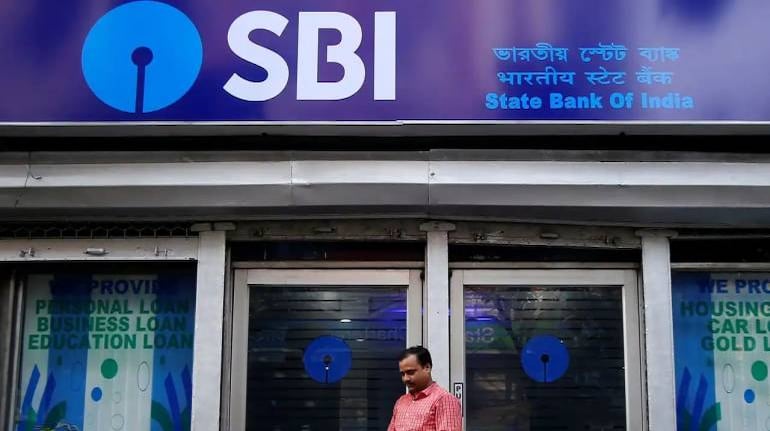



The Supreme Court’s decision to strike down the electoral bonds scheme is a significant verdict in the democratic process that will level the playing field and encourage transparency in political donations, bankers and legal experts have said.
The country’s top court on February 15 ruled the electoral bond scheme unconstitutional and directed the State Bank of India to stop issuing the bonds with immediate effect and submit all the details to the Election Commission by March 6.
The SBI is the only bank authorised to issue and encash electoral bonds. The lender does not print the bonds but its authorised branches acquire them from the Centre in different calendar years.
“This judgment brings in transparency and a level playing field in political donations,” said Pratip Chaudhuri, former chairman of State Bank of India. “Earlier, the ruling party could know who is donating to whom and fear of retribution prevented many from donating to opposition parties.”
Vikas Singh, former Additional Solicitor General of India and Supreme Court Bar Association president, said the judgment would have been better if the court had asked for the refund of money of people who deposited through electoral bonds.
The court also asked SBI to submit details of political parties that received contributions through electoral bonds since April 12, 2019 to the Election Commission of India (ECI).
“The ECI will make all donations public within one week of the receipt of information,” the court said, delivering its verdict on a bunch of petitions that challenged the validity of the scheme of political funding.
Former RBI executive director Chandan Sinha said there was an issue of transparency and disclosures and the court’s decision was a welcome move.
"Definitely a good move by the apex court; it will lead to transparency, " Sinha said.
“The Supreme Court held that companies' contributions are essentially business transactions aimed at securing reciprocal benefits. The amendment to Section 182 appears arbitrarily biased in treating political contributions by both companies and individuals alike. Further, unencashed electoral bonds must be returned and refunded to the purchasers by political parties,” said Jidesh Kumar, Managing Partner, King Stubb & Kasiva, Advocates and Attorneys, said.
Records shared with the EC show the BJP received Rs 6,564 crore during the FY 2018-2023 period.
In 2018, the BJP received Rs 210 crore, Rs 1,450 crore in 2019, Rs 2,555 crore in 2020, Rs 22.38 crore in 2021, Rs 1,033 crore in 2022 and Rs 1,294 crore in 2023.
"This stance seemingly recognises the necessity of a structured funding mechanism for political entities but it also raises crucial concerns about the potential erosion of transparency in political finance, "said Sonam Chandwani, managing partner at KS Legal & Associates.
The judgment could be seen as an attempt to maintain the status quo while subtly nudging policymakers towards more openness, she said.
"This decision may be critiqued for not addressing the underlying issues of anonymous donations, which can lead to untraceable sources of political influence and corruption, "she added.
Discover the latest Business News, Sensex, and Nifty updates. Obtain Personal Finance insights, tax queries, and expert opinions on Moneycontrol or download the Moneycontrol App to stay updated!